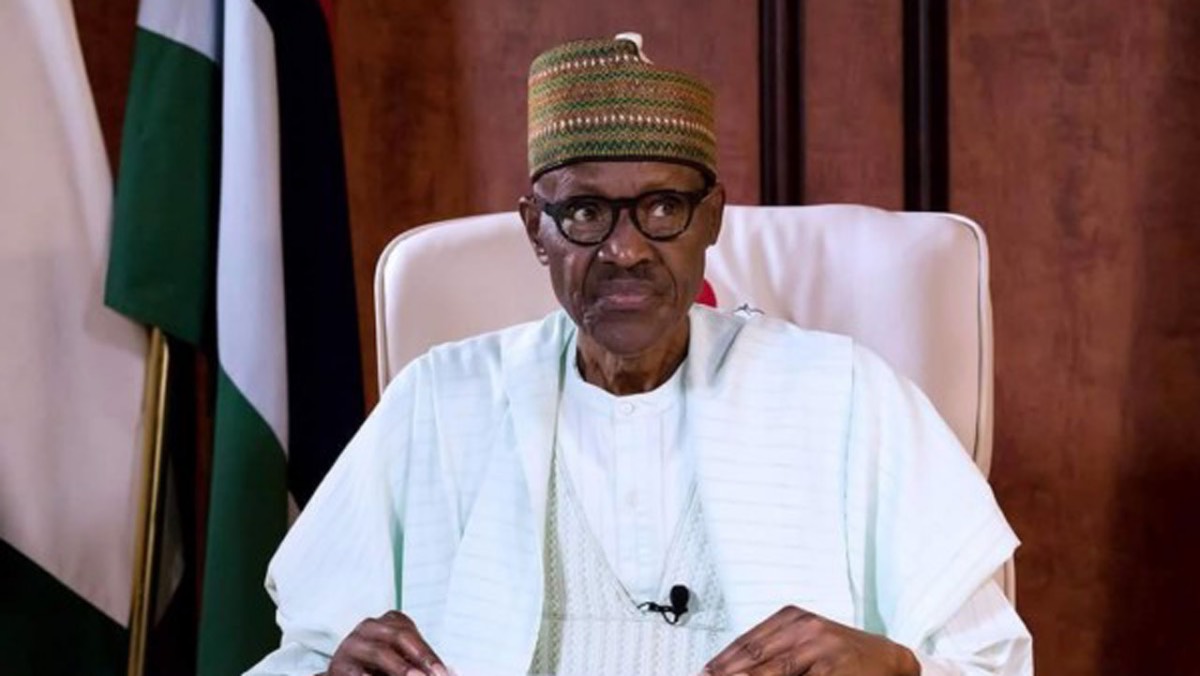President Muhammadu Buhari, on Wednesday, January 27, 2021, signed a law to check the spread of the COVID-19 pandemic.
Boss Mustapha, the chairman of the Presidential Task Force on COVID-19 and the Secretary to the Government of the Federation, disclosed this while handing over five ambulances donated by the Nigerian National Petroleum Corporation, NNPC, to the Federal Ministry of Health on Wednesday in Abuja.
Mustapha said that the bill, titled “COVID-19 Health Protection Regulations 2021”, is an exercise of the powers as conferred on the president by Section 4 of the Quarantine Act.
“The regulations enforce physical distancing of at least two metres and regulation of the number of people to be admitted in an enclosed environment
“In the exercise of the powers conferred upon me by Section 4 of the Quarantine Act, Cap. Q2 Laws of the Federation of Nigeria 2010 and all other powers enabling me in that behalf; and in consideration of the urgent need to protect the health and wellbeing of Nigerians in the face of the widespread and rising numbers of COVID-19 cases in Nigeria, I, Muhammadu Buhari, President of the Federal Republic of Nigeria, hereby make the following Regulations.”
“The first part of the new regulations imposes restrictions of gatherings and enforces a physical distancing of not less than two meters between persons at all times.
“The part also provides that no gathering of more than 50 persons shall hold in an enclosed space, except for religious purposes, in which case the gathering shall not exceed 50 percent capacity of the space.
“All persons in public gatherings, whether in enclosed or open spaces, shall adhere to the provisions of Part two of these Regulations.
“The provisions of these regulations may be varied by Guidelines and Protocols as may be issued, from time to time, by the PTF on COVID-19 on the recommendation of the Nigeria Centre for Disease Control, NCDC,” the law reads.
“The second part of the law addresses operations of public places like open markets, malls, supermarkets, shops, restaurants, hotels, event centres, gardens, leisure parks, recreation centres, motor parks, and fitness centres.
“The law provides for wearing of face masks, hands washing, and the use of hand sanitisers, amongst other regulations.
“It stipulates a penalty of a fine or a prison of six months for offenders.
“The President said that the law takes immediate effect,” he explained.
Speaking on the donation, the PTF chairman said that the NNPC donated the ambulances to the PTF as part of its support to Government-led efforts in curbing the second wave of the COVID-19 pandemic in the country.
According to him, the ambulances donated will be used to support the country’s response to the pandemic and the Emergency Operations Centres to expand the current capacity for transportation of cases.
The SGF acknowledged the support of the NNPC in its fight against the virus, saying “We are grateful to the NNPC for the donation of ambulances to the PTF. We also thank all individuals and corporate organisations that have continued to donate to the government’s effort to prevent the spread of COVID-19.”
Meanwhile, Mustapha said that If Nigerians were exposed to COVID-19, they should please quarantine, and if there are still ill, they should isolate.
“Please don’t go out – to work, socialize or elsewhere – if you’ve been exposed or have symptoms.
“Travel is risky – best to avoid it if you can but if you must, take precautions including quarantine and testing.
“Remember COVID-19 can spread from people that look and feel well. Don’t let your guard down around friends or relatives just because they look healthy – they may not know they are infected but can unintentionally spread COVID-19,” he advised.
In his remarks, the Minister of State for Health, Sen. Olorunnimbe Mamora, thank the NNPC for the ambulances and noted that emergency medical situations require a prompt response, and any delay could have serious consequences.
Mamora said that the ambulances would strengthen the efforts of the ministry to respond to the health needs of Nigerians, as patients would be able to receive first aid support while on route to the nearest health facility.







